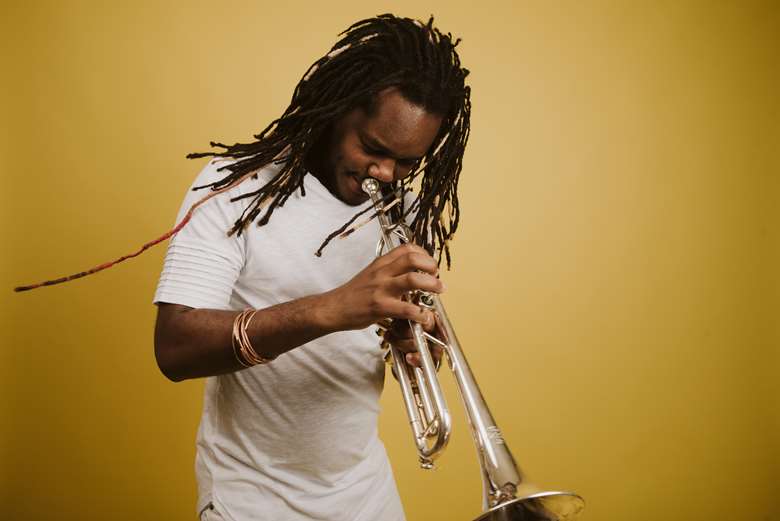Yelfris Valdés: “From a very young age I was always told that music was born in me”
Jane Cornwell
Friday, January 31, 2020
Cuban-born trumpeter Yelfris Valdés has followed collaborations with everyone from Moses Boyd to Madonna with the release of his pulsating debut album, For The Ones. Jane Cornwell spoke with him about cultural cross-pollination and recontextualising Cuba’s place on the musical map


Register now to continue reading

Thank you for visiting Jazzwise.co.uk. Sign up for a free account today to enjoy the following benefits:
- Free access to 3 subscriber-only articles per month
- Unlimited access to our news, live reviews and artist pages
- Free email newsletter